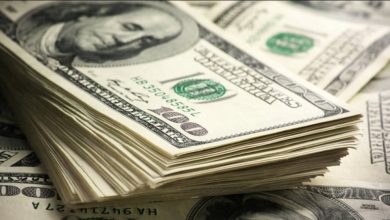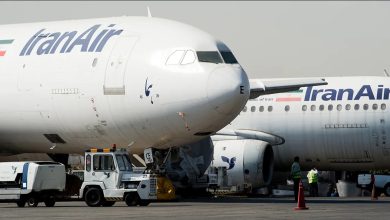Effectiveness of the Boycott Against Coca-Cola and Pepsi in the Muslim World
PepsiCo CEO Ramon Laguarta stated that the boycott has primarily impacted specific regions: Report

Introduction: Coca-Cola and Pepsi are globally recognized soft drink brands that have invested millions of dollars to establish their presence from Cairo to Karachi. Despite their success, recent geopolitical events, particularly Israeli aggression in Gaza, have disrupted their market dynamics in the Muslim world.
Impact of the Boycott:
- Sales Decline:
- Egypt: Coca-Cola’s sales in Egypt have suffered this year. Local brand V7 has seen a threefold increase in cola bottle exports in the Middle East and surrounding regions compared to the previous year.
- Bangladesh: A promotional campaign aimed at ending the Pepsi boycott was successfully halted in response to the Gaza conflict, further diminishing Pepsi’s market growth in the Middle East.
- Personal Decisions:
- Sumbul Hassan: A corporate executive in Pakistan, Sumbul Hassan, chose to exclude Coca-Cola and Pepsi from her wedding menu in April. She preferred the Pakistani brand ‘ColaNext’ to ensure her expenditures did not support Israel’s ally, the U.S. Her choice reflects a broader trend of preferring local over international brands in response to geopolitical issues.
- Market Research Insights:
- According to market researcher Nielsen IQ, Coca-Cola and Pepsi experienced a 7% drop in sales in the Middle East during the first half of the year.
- Local Brand Growth:
- Krave Mart: Qasim Sharaf, founder of the popular delivery app Krave Mart, reported that the market share of local brands ColaNext and Pakola surged from 2.5% to nearly 12% due to the boycott.
- Consumer Sentiment:
- Many consumers who have boycotted Coca-Cola and Pepsi cite the ongoing U.S. support for Israel and the conflict in Gaza as reasons for their decision.
Company Responses:
- PepsiCo’s Stance:
- PepsiCo CEO Ramon Laguarta stated that the boycott has primarily impacted specific regions like Lebanon, Pakistan, and Egypt. He assured that the company is working to manage the situation over time.
- Coca-Cola’s Position:
- Coca-Cola has claimed that they do not fund military actions in Israel or any other country. Despite this, the company reported a double-digit percentage decline in sales in Egypt for the six months ending June 28.
Additional Developments:
- Local Production:
- Zahi Khouri: Palestinian-American businessman Zahi Khouri, who established the National Beverage Company in Ramallah, reported that their $25 million plant in Gaza, opened in 2016, was destroyed during the conflict. Fortunately, no employees were harmed.
- Media Coverage:
- The impact of the boycott and the related market shifts have been covered extensively in various media outlets. For up-to-date information, follow news from major sources and check social media updates from industry experts and local news platforms.
Conclusion: The boycott of Coca-Cola and Pepsi in the Muslim world has had a significant impact, resulting in reduced sales for these global brands and increased market share for local alternatives. The geopolitical context, particularly the conflict in Gaza and the perception of American support for Israel, has fueled this shift. The companies are responding to these challenges, but the long-term effects on their market presence in the region remain to be seen.
References:




